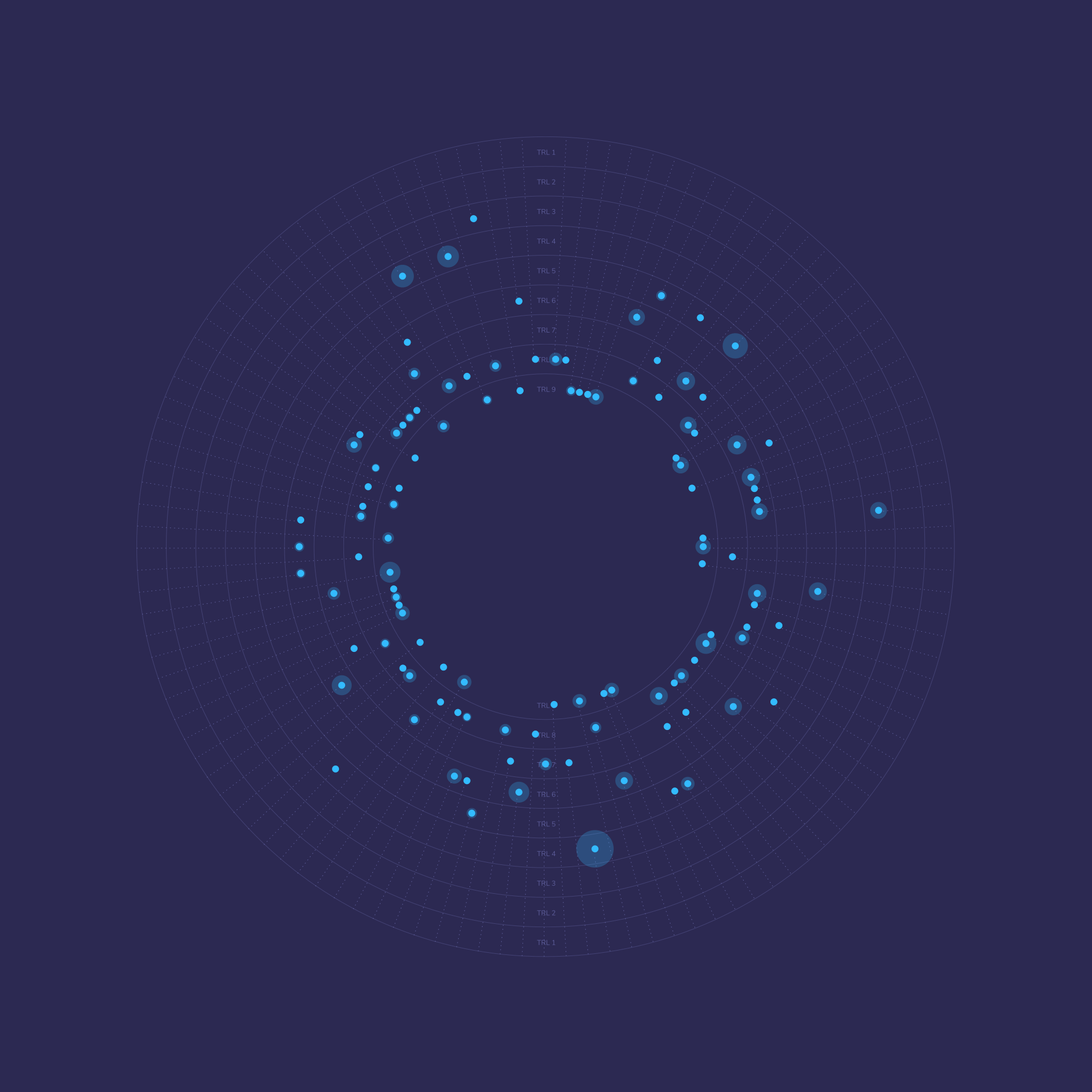Candidate Matching
Laura Del Vecchio
Mary Long @ stock.adobe.com
After the end of World War I, many democracies were born, and now the majority of worldwide countries are now within a democratic systems. However, during the 1930s, the number of democratic systems lowered. It was not until after World War II that the number of democracies started to rise again. Throughout the second half of the 20th century, many colonies conquered their independence from European countries, and many became democracies. Currently, more than half of the world's population is living under democratic regimes.
Nevertheless, after decades of functioning democracies, incidents such as the attack on the U.S Capital by supporters of the ex U.S. President Donald Trump, made many people question the strength of democratic systems and their capacity of protecting fundamental political freedoms and the power of voting. The Democracy Index, an arithmetic assessment tool compiled by the Economist Intelligence Unit (EIU), is intended to describe the current state of democracy worldwide and an effort to raise some inquiries about the quality and accountability of current democratic regimes. The index is weighted based on the answers to 60 questions, provided by public-opinion surveys, covering the state of democracy in 167 countries, of which 166 are sovereign states and 164 are UN members.
In recent research performed by the Democracy Index showed that only 13.8% of democratic regimes worldwide are considered full democracies (nations that support and reinforce the political culture of thriving democratic principles), 31.1% are flawed democracies (countries where elections have, at some point, faced media freedom infringement or cases of political opposition suppression), and 21% are considered hybrid regimes (nations dealing with regular political frauds). The remaining 34% marks regimes considered authoritarian, which may have some conventional democracy mechanisms, but crush political pluralism, and censorship is harshly imposed.
Candidate Matching Tool
The reasons behind the descent of democratic belief are far from being understood. Dora Frantescu, director of Vote Watch Europe, argues that most of our political choices are made based on emotional drivers, which can put logical reasoning at a systematic disadvantage in terms of political freedom. As a way to bridge the gap between protecting democracy but still attending to the choices made by each individual, VoteWatch Europe designed a system that helps citizens make more informed choices through technology.
The platform analyzes the profile of voters quantitatively through a survey form that later provides a list of candidates and political parties that best match their profiles. The survey is based on questions that cluster voters into categories. These categories are capable of identifying and assigning outcomes that derive from the beliefs and opinions of those who take the survey.
Voters are expected to provide their region information so that the platform can geolocate the candidates and political parties of their zone. Later, voters are assigned to start answering the questionnaire containing options that range from “agree,” “disagree,” to “neutral.” Once all questions are answered, voters need to point out which policy areas are particularly important or less relevant to them.
Finally, selection boxes appear, enabling them to choose which parties they would likely be voting for. As soon as all steps are completed, a rank of political parties and candidates is displayed. From top to bottom, the list is organized in descending order; those placed at the top serve better their needs, and those at the bottom, are less of a match with the answers gathered throughout the survey. The matching process takes place through a Machine Learning Data Analytics Tool.
These platforms aim to enable citizens to contrast and compare their national political choices with parties from other countries. More than suggesting a candidate, it relies on the concept of informing citizens of a variety of policies presented by different political parties, perhaps creating a starting point for further discussion and education regarding the exercise of democracy.
Future Perspectives
As AI-based tools become more accurate and widespread, matching platforms are likely to become common tools for people to choose candidates that are genuinely compatible with them and their communities. Hopefully, such solutions are expected to restore people's faith in democratic participation, reminding them of it as an essential mechanism to achieve real change.
Also, such an immense amount of sensitive data raises fundamental questions about who ultimately has access to it. Solid regulations and privacy standards must be executed at every developmental stage of data gathering and processing systems to evade possible biases within the cross-checking algorithmic process of candidate matching.
